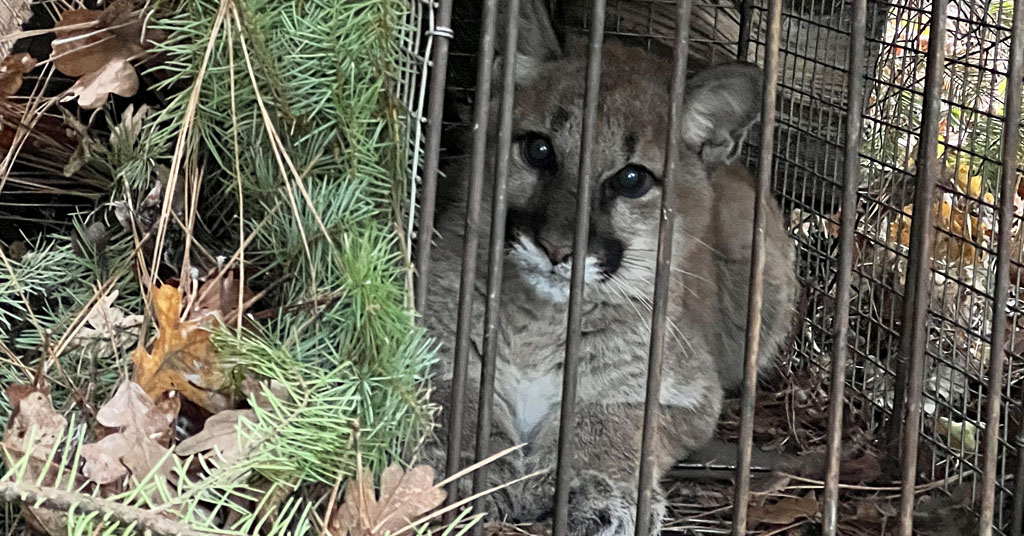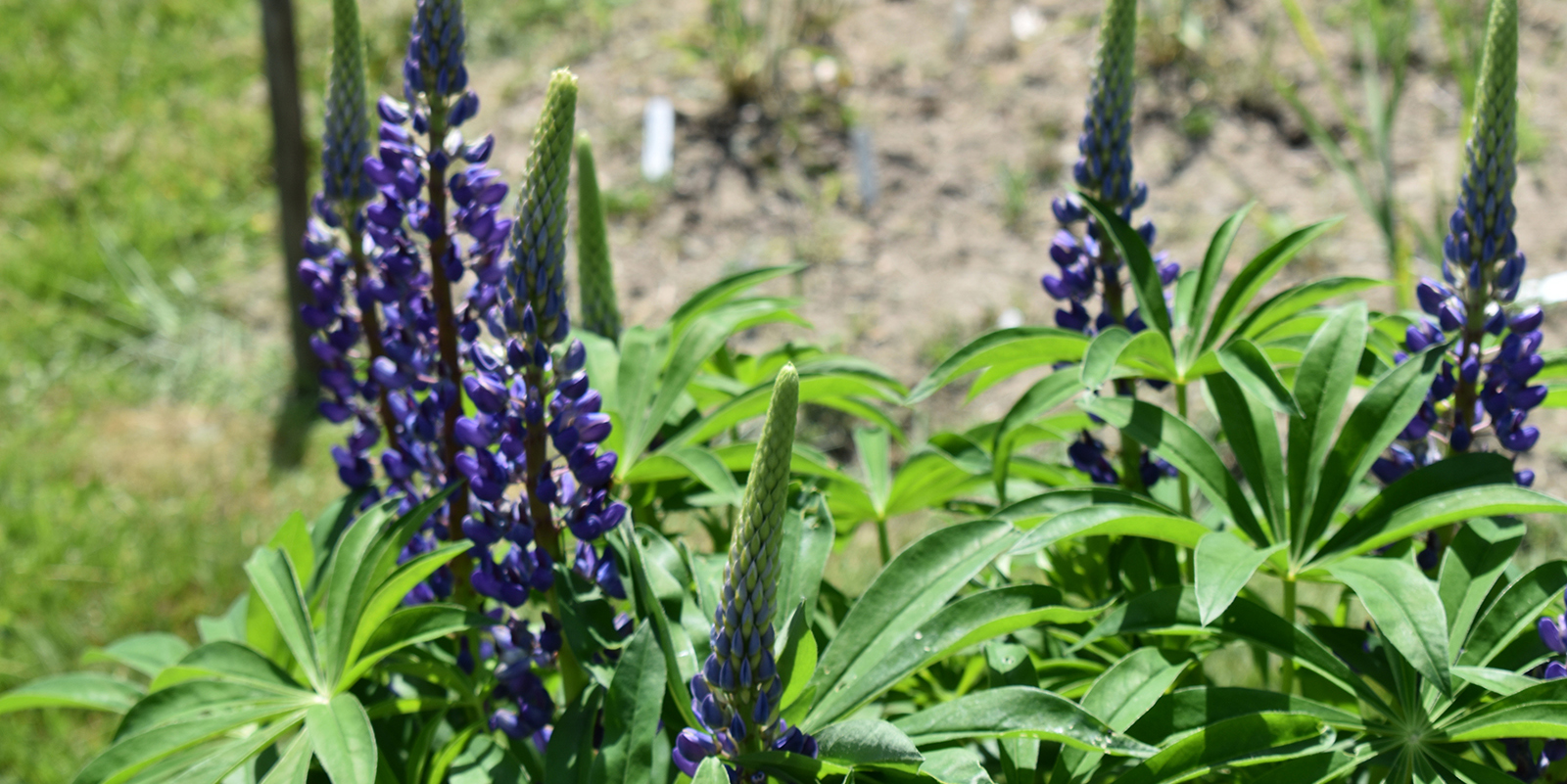Home Gardens Help Stem Insect Decline
Rhode Islanders invited to join “Homegrown National Park” effort
March 28, 2024
KINGSTON, R.I. — Steven Alm and Casey Johnson in the University of Rhode Island Bee Lab want property owners to think small. Though tiny, the issues the duo is examining are anything but trivial. In fact, the issues they are studying are bellwethers for larger issues facing the natural world.
They want to reminding us of the importance of, as E.O. Wilson said, “the little things that run the world.”
A professor at URI and keeper of the university’s Insect Collection, which dates to the late 1800s, Alm is concerned about the insect loss he has witnessed in the course of his career, never mind the species that now only exist in pinned specimen form, no longer in the wild.
“We’re in trouble with the insects,” he said. Birds, fish, and other members of the food web need insects, but their numbers are dwindling. Pollinators in particular are vulnerable.
Entomologists are seeing notable declines in insect diversity worldwide, caused by habitat loss, introduced species, novel pathogens, pesticides, pollution, and climate change.
Based on historical records from the URI Insect Collection, for instance, a dozen species of bumblebees flew around the state at one time. That number is now halved. After surveying the state for bees since 2019, URI researchers have only been able to detect seven of the 12 species, indicating that the other five species are likely forever lost from the state or persisting in low numbers in isolated populations.
Bees and other insects are not only the scenic backdrop, and soundtrack, to our summer gardens, they are essential. For example, Alm noted that a University of Delaware study found that a clutch of chickadees requires 6,000 to 9,000 caterpillars to grow to adulthood.
“We need to focus on what’s at the bottom,” he said. “This is a large loss. You don’t realize how important insects are until they’re gone.”
While honeybees have captured the public imagination, URI researchers note that all residents of the insect world, most notably native species, are worthy of attention and care.
“Insects are not as scary or gross as people think,” said Johnson, who works with Alm as a URI research associate. “When you start to watch them closely and see firsthand how incredibly diverse and beautiful they can be, some of those innate fears may wash away. Insects are an essential part of our world and should be treated as such.”
Johnson and Alm said pollinator gardens and other homegrown efforts help. Even a single potted plant outside your front door has the potential to provide food for beneficial insects.
To help front-step and backyard gardeners prepare their spring yards, Alm and Johnson offered some tips:
Leave the clover, dandelions, and other flowers in your lawn, but remove invasive species that can take over.
Plant a diverse mixture native flowers, such as golden Alexander, foxglove beardtongue, narrow-leaved mountain mint, butterfly milkweed, wild bee-balm, goldenrod, and New England aster. Also plant native shrubs and trees.
Leave the leaves in the corners of your yard in the spring until the bumble bee queens have emerged and start their nests — usually in mid to late April.
Reduce or eliminate pesticide use and reduce the use of fertilizers.
Convert turf to a bee lawn. A bee-friendly lawn reduces the need for mowing, minimizes watering, and incorporates more flowers to feed bees.
Join the Homegrown National Park initiative. The mission of the effort is to regenerate biodiversity and ecosystem function by planting native plants and creating new ecological networks. One of its main concepts is “small efforts by many people.”
One person can’t fix a problem as complex and widespread as the ongoing biodiversity crisis; however, many people can do their part to restore a small part of the ecosystem and become part of a larger network and movement.
Some 220 people covering 160 acres in Rhode Island — less than 0.0002% of the state — are currently “on the map” of the Homegrown National Park.
Alm and Johnson will be speaking about Rhode Island’s opportunity to grow as a “homegrown park” and sharing their expertise about the nationwide program at the Audubon Society of Rhode Island’s Transforming the Landscape symposium scheduled for April 20 at Rhode Island College.
They will discuss native bees, the stresses they are facing, and how people can combat those stresses on their own property and in their communities. Doug Tallamy, the founder of Homegrown National Park, will be the keynote speaker.




Banning pesticides like Roundup that the WHO has determined to be carcinogenic and neonicotinoids that are killing off our pollinators at an alarming rate are things that need to be done.
If RIDEM doesn’t have the authority to ban these toxic substances pass legislation that will give them that authority.
RIDEM is charged with managing our environment. Allowing the use of substances that destroy our environment isn’t environmental management in my opinion.